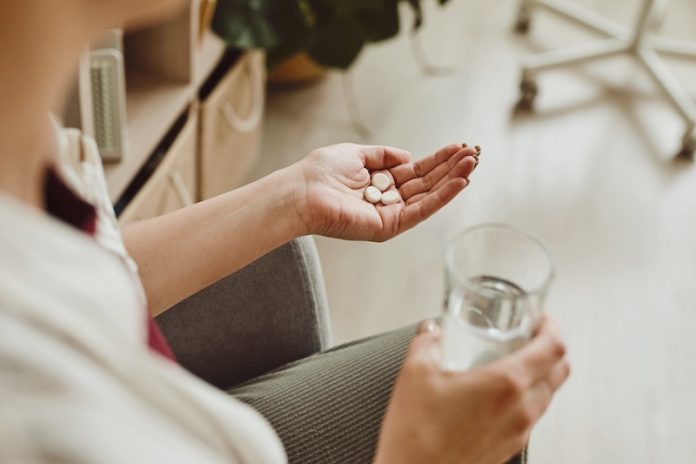
Finding the ideal treatment for patients post-stroke, especially without occlusion in large or medium-sized cerebral vessels, remains a challenge.
Current treatments, thrombolysis or thrombectomy, aren’t universally applicable, prompting the quest for alternative solutions.
Study Overview
Wenjie Zi, M.D., alongside peers from Xinqiao Hospital and the Second Affiliated Hospital in Chongqing, China, embarked on a multicenter trial.
Their subject group consisted of ischemic stroke sufferers who didn’t have occlusions in primary cerebral vessels.
The patients also exhibited:
- A National Institutes of Health Stroke Scale score of 5 or more.
- At least one limb with moderate to severe weakness.
- They were either unsuitable for thrombolysis/thrombectomy, had recent stroke episodes, showed early post-stroke neurological deterioration, or experienced no thrombolysis benefit between four to 24 hours post-treatment.
Out of the study’s participants, 606 were treated with intravenous tirofiban (coupled with an oral placebo), while 571 received oral aspirin (alongside an intravenous placebo) for two days.
Post this, every participant was administered oral aspirin till the 90th day.
Key Findings
29.1% of those on tirofiban and 22.2% on aspirin registered a 0 or 1 score on the modified Rankin scale at 90 days, signaling a favorable outcome (adjusted risk ratio, 1.26). However, secondary endpoints’ results varied from the primary analysis.
Both groups showed comparable mortality rates. Only 1.0% of the tirofiban cohort experienced symptomatic intracranial hemorrhage, while none in the aspirin group did.
Conclusions: Intravenous tirofiban, which inhibits platelets from clustering and clotting, showcased a stronger association with positive 90-day outcomes versus oral aspirin.
This revelation implies that for a specific patient group with fresh or progressing stroke symptoms (minus occlusion in significant cerebral vessels), tirofiban may be a superior choice over aspirin.
Additional Information
For those concerned with stroke, other studies have shed light on preventive dietary habits and how minor surgeries can thwart strokes in cardiac patients.
Further, to deepen your stroke understanding, consider exploring studies on a drug combo that drastically reduces the risk of strokes and heart attacks, and research illustrating how the MIND diet may decelerate cognitive decline post-stroke.
The study’s details can be accessed in the New England Journal of Medicine.
If you care about stroke, please read studies about a breakfast linked to better blood vessel health, and olive oil could help lower risks of heart disease and stroke.
For more information about health, please see recent studies about how the Mediterranean diet could protect your brain health, and wild blueberries can benefit your heart and brain.
Follow us on Twitter for more articles about this topic.
Copyright © 2023 Knowridge Science Report. All rights reserved.



